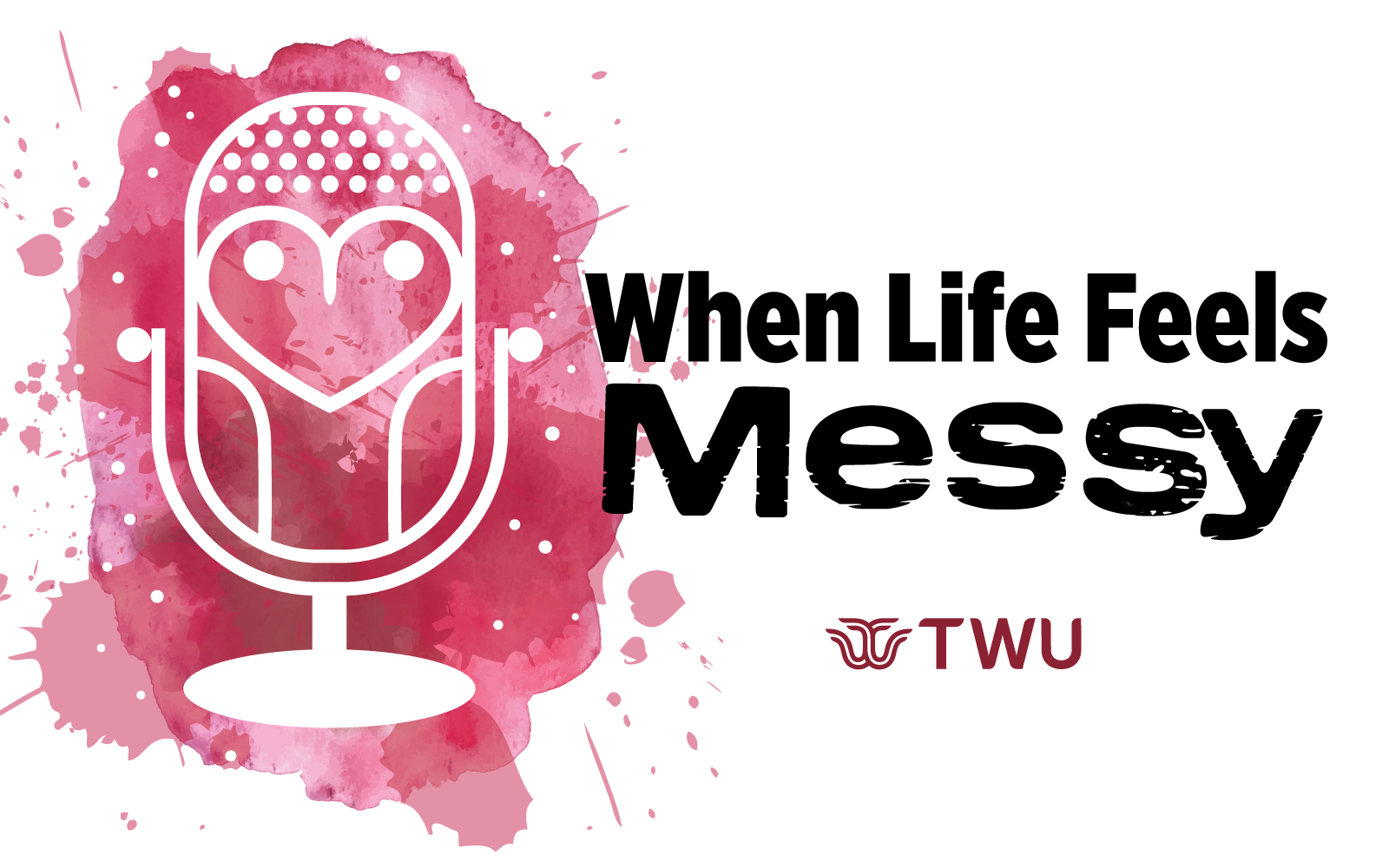June has been identified as PTSD Awareness Month offering an opportune time for us to deepen our understanding of this often misunderstood condition and spread the word about effective PTSD treatments and support.
Post-Traumatic Stress Disorder is a mental health condition that can develop after experiencing or witnessing a traumatic event. These events may include but are not limited to, natural disasters, accidents, physical or sexual assault, or combat. While it's normal to experience stress reactions after trauma, PTSD involves persistent symptoms that significantly interfere with daily life and functioning.
Here are symptoms that people with PTSD can experience or struggle with:
- Intrusive Memories:
- Recurrent, distressing memories of the traumatic event(s)
- Flashbacks, where you feel as though you're reliving the event
- Nightmares related to the trauma
- Intense psychological distress or physical reactions to triggers that remind you of the event
- Avoidance:
- Avoiding thoughts, feelings, or conversations related to the traumatic event
- Avoiding people, places, or activities that remind you of the trauma
- Loss of interest in previously enjoyed activities
- Feeling detached or estranged from others
- Difficulty experiencing positive emotions
- Negative Changes in Thinking and Mood:
- Persistent negative beliefs about oneself, others, or the world
- Distorted thoughts about blame or guilt related to the trauma
- Persistent feelings of fear, horror, anger, guilt, or shame
- Diminished interest in activities
- Feeling emotionally numb or detached from others
- Difficulty experiencing positive emotions
- Persistent inability to remember important aspects of the traumatic event
- Changes in Reactivity and Arousal:
- Irritability or anger outbursts
- Reckless or self-destructive behavior
- Hypervigilance (feeling constantly "on guard")
- Exaggerated startle response
- Difficulty concentrating
- Difficulty sleeping or staying asleep
- Difficulty with memory or concentration
- Being easily startled or frightened
- Physical Symptoms:
- Headaches
- Gastrointestinal issues
- Chronic pain
- Muscle tension
- Dizziness or fainting
- Rapid heartbeat or palpitations
- Sweating or chills
- Self-Destructive Behavior:
- Substance Abuse
- Self-Harm
- Reckless Driving
- Risky Sexual Behavior
- Survivor's Guilt:
- Feelings of guilt for surviving while others did not
- Feelings of guilt for not being able to prevent or mitigate the traumatic event
- Feelings of shame, self-blame, worthlessness
Navigating college life with PTSD can present unique challenges. The academic pressure, social demands, and transition to independence can exacerbate symptoms and trigger distressing memories. Furthermore, the stigma surrounding mental health in academic settings may prevent students from seeking help or disclosing their condition to professors and peers. As a result, students with PTSD may struggle silently, feeling isolated and misunderstood.
So how can you support PTSD awareness? Great question! Here are some ways to increase awareness and help support those that struggle with PTSD:
- Education:
- Take the initiative to educate yourself and others about PTSD.
- Attend workshops, seminars, or awareness events organized by your college's counseling center or mental health organizations.
- Share credible resources and information on social media platforms to raise awareness among your peers.
- Foster Compassionate Dialogue:
- Create a safe space for open conversations about mental health.
- Encourage classmates to share their experiences and perspectives, and practice active listening without judgment.
- By destigmatizing PTSD and other mental health conditions, we can empower individuals to seek help without fear of discrimination.
- Advocate for Accessibility:
- Advocate for improved mental health resources and support services on your college campus. This may include lobbying for increased funding for counseling centers, implementing trauma-informed practices in academic settings, and promoting inclusive policies that accommodate students with PTSD.
- Offer Support:
- Reach out to classmates who may be struggling with PTSD or other mental health challenges.
- Offer your support and empathy, and encourage them to seek professional help if needed.
- Small gestures of kindness and understanding can make a significant difference in someone's journey toward healing.
PTSD Awareness Month serves as a reminder that mental health conditions like PTSD are not isolated experiences but rather prevalent realities that affect individuals from all walks of life, including college students. By fostering awareness, understanding, and support, we can create a campus culture that prioritizes mental well-being and embraces those affected by PTSD with compassion and empathy. As we continue our academic pursuits, let's commit to being allies in the fight against stigma and advocates for mental health awareness and support.
Remember, it's okay not to be okay, and seeking help is a sign of strength, not weakness. Together, we can make a positive difference in the lives of those living with PTSD and create a more inclusive and supportive college community for all.
Take Care, Pioneers!
-TWU CAPS


Comments
Post a Comment